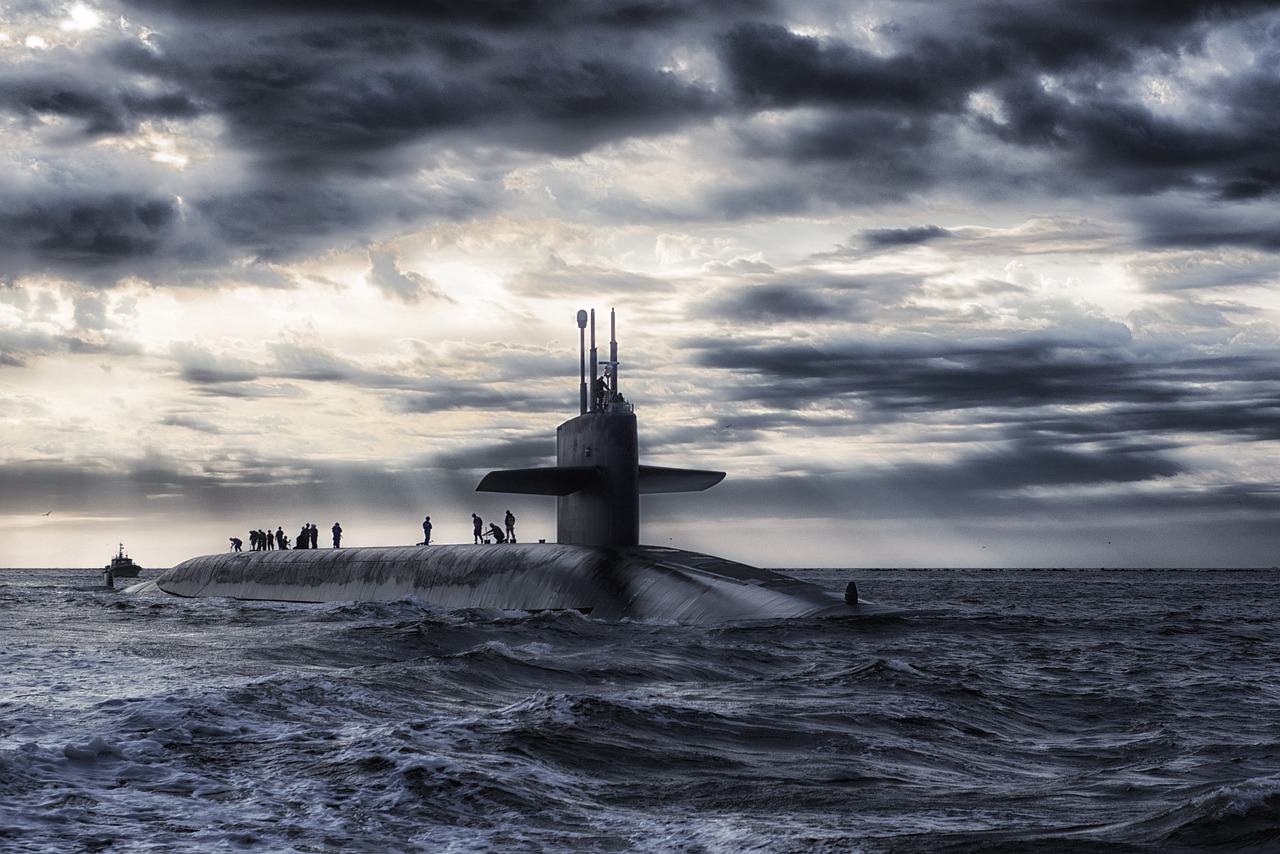
As the world of work rapidly changes, there has been a broad push across Australia’s education system to equip young people with the skills that are expected to dominate the industries of the future.
Last year, a report by the National Skills Commission found that jobs in STEM fields are expected to grow by 14.2% in coming years, twice as fast as non-STEM occupations.
For its part, the Federal Government recently announced a $128.5m plan that will allow Australian universities to apply for 4,000 additional Commonwealth supported places (CSPs) targeted at graduates in STEM courses. More than 800 of these will go to South Australian universities as part of the Cooperation Agreement to support the construction of nuclear submarines that will be built in Adelaide as part of the AUKUS security pact.
“At the centre of the success of Australia’s nuclear-powered submarines will be the people who build them. The Albanese Government is committed to investing in young Australians and skilling our future workforce,” Deputy Prime Minister Richard Marles said.
Federal Education Minister, Jason Clare said Australia needs more young people studying STEM subjects and developing the skills needed for the AUKUS program.
“These additional university places will give more Australians a crack at a career in STEM.”
However, there are concerns about where the deepening involvement of the military in the education programs of young Australians could lead.
Elise West is the director of Teachers for Peace, established in 2022 following a philanthropic grant. The organisation has been working tirelessly to steer the narrative towards peace and disarmament in schools across Australia. A particular focus of the group is to counteract the normalisation of war, challenging the influence of the weapons industry on school STEM curricula, and advocating for policies that promote peace.
West says the government’s announcement is "yet another example of the distortion of Australian STEM education to serve military interests.”
“For some time, major multinational weapons companies have been interfering in STEM education in order to normalise their business, and create a 'talent pipeline' for the global arms industry,” West told The Educator.
“Now, public money is being diverted away from education that serves critical human needs to meet the demands of a security arrangement that was made in secret, has not been scrutinised by the parliament, and is of no demonstrable benefit to the Australian people.”
NSW Teachers Federation acting President Henry Rajendra said in the midst of a nationwide teacher shortage, “the government’s priority should be securing a future teacher workforce, not an AUKUS workforce.”
“Nuclear submarines are no use in a classroom. Students need teachers, and all government efforts should be concentrated on ensuring a future supply of qualified teachers,” Rajendra told The Educator.
“This is exactly what the Federation has been concerned about – to fund the $368 billion AUKUS agreement, for decades to come public money will be diverted away from portfolios such as education and health that provide essential services to the community.”
Rajendra said the “incursion” of the weapons manufacturing industry into education is of “serious concern”, adding that weapons manufacturers will be “further emboldened” by the government’s announcement.
“It’s yet another example of the normalisation of the study of so-called ‘STEM’ subjects being linked to jobs in the defence industry, all the while lining the pockets of the wealthy weapons manufacturers,” Rajendra said.
“The AUKUS agreement has left schools, TAFE and universities exposed and ripe for the picking by the global weapons manufacturing industry, and Australian taxpayers are footing the bill.”


